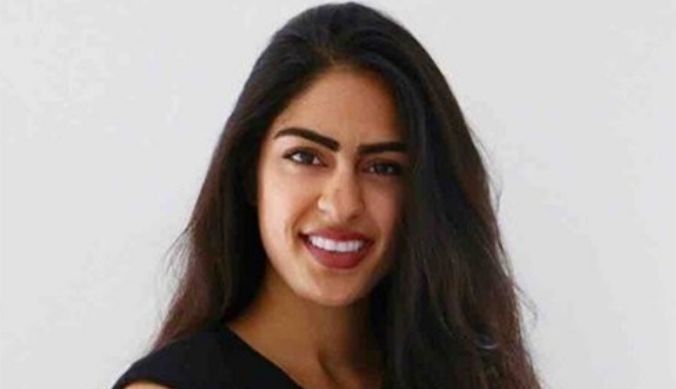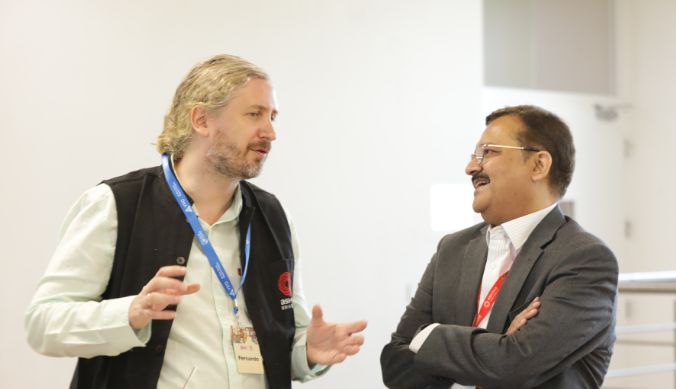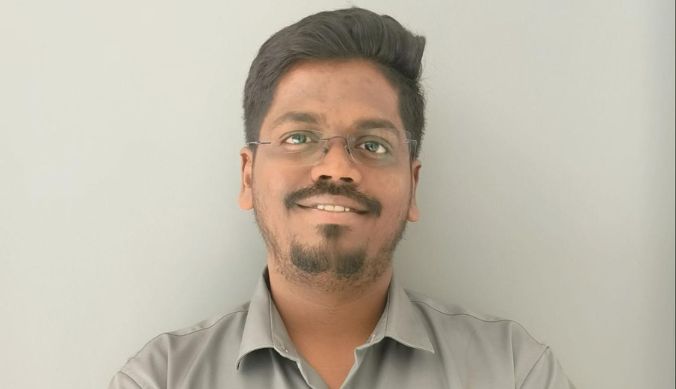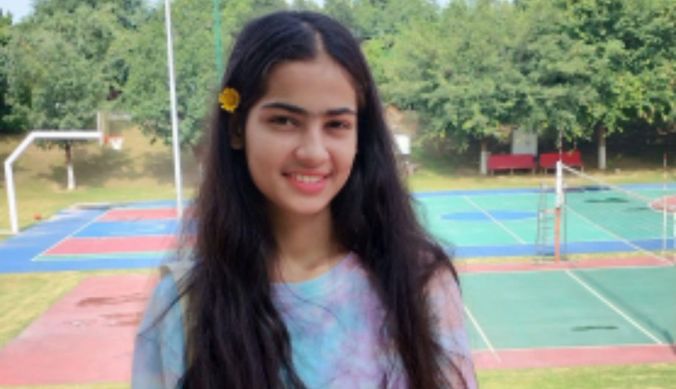Yale University and Ashoka University Expand Their Collaboration
Peter Salovey, President of Yale University, talks about the recent MOU with Ashoka and “The future of Liberal Arts in Asia”

Office of PR & Communications
31 October, 2015 | 7 min readOctober, 2015: During his visit to India this month, Yale University President Peter Salovey signed a Memorandum of Understanding with Ashoka University Vice Chancellor Rudrangshu Mukherjee. The document reaffirms the long-standing collaboration between Yale and Ashoka and establishes a framework to jointly develop opportunities through faculty-initiated and faculty-directed teaching and research activities.
The collaboration acknowledges a relationship between the universities built over the past five years grounded in research, teaching, and mentorship. During this time, Yale and Ashoka faculty, administrators, and alumni have engaged in a wide range of initiatives where Yale has contributed to advising and shaping Ashoka’s curriculum and infrastructure in admissions, development, student affairs and faculty affairs.
President Peter Salovey of Yale University, said, “I applaud Ashoka’s founders and its new administration and faculty for the courage they have shown in seeking not just to launch a new college, but to rethink and reimagine the possibilities for higher education in India, in collaboration with Yale and others around the world who are trying to do the same thing with respect to their own institutions, however well-established or respected.”
After the announcement Peter Salovey, in conversation with Rudrangshu Mukherjee, addressed a select audience on “The future of Liberal Arts in Asia” as a part of the Ashoka Crossover Series. In an interactive discussion with the faculty and students of Ashoka, among other audience members present at Teen Murti Bhawan in New Delhi, he emphasised how important it is to prepare students of this time and age as global citizens as they are going to be the future leaders in an international setting which is undergoing rapid changes. “We have to find a new way to educate them for the careers they are going to pursue in this future,” he said.
He further spoke on Liberal Arts and liberation of the mind. “Liberal education is a movement away from the memorisation and recitation of existing knowledge to one that says ‘What could we invent that’s new?’ This allows freedom and choice so that students can have the experience of innovation and not merely rely on what has been described before.” Salovey shared his view Liberal Arts education as one that encourages a questioning attitude and a kind of skepticism about found knowledge and assumptions on which it is based. But he added that at the same time due to this curiosity, it also encourages an orientation towards solving problems.
When questioned about the Liberal Arts model in the Asian context, Salovey said, “There is no doubt that Liberal Arts education needs to be contextualised locally, but there’s also no doubt that the most interesting classroom discussions come when people make entirely different assumptions about the world. There is a need to take it beyond multiculturalism. Often we have to teach them [students from Asia] that it is okay to challenge an authority figure [in the classroom].”
His talk clearly left the audience with an impression that Liberal Arts education, when taught at a young age, motivates people to be learners for the rest of their lives in a way that early specialisation sometimes does not. He concluded his talk by saying, “I think it’s [liberal arts education in Asia] going to be the key to solving big problems. I think it’s also going to be the key to a richer life in which people learn for their entire lives.”













